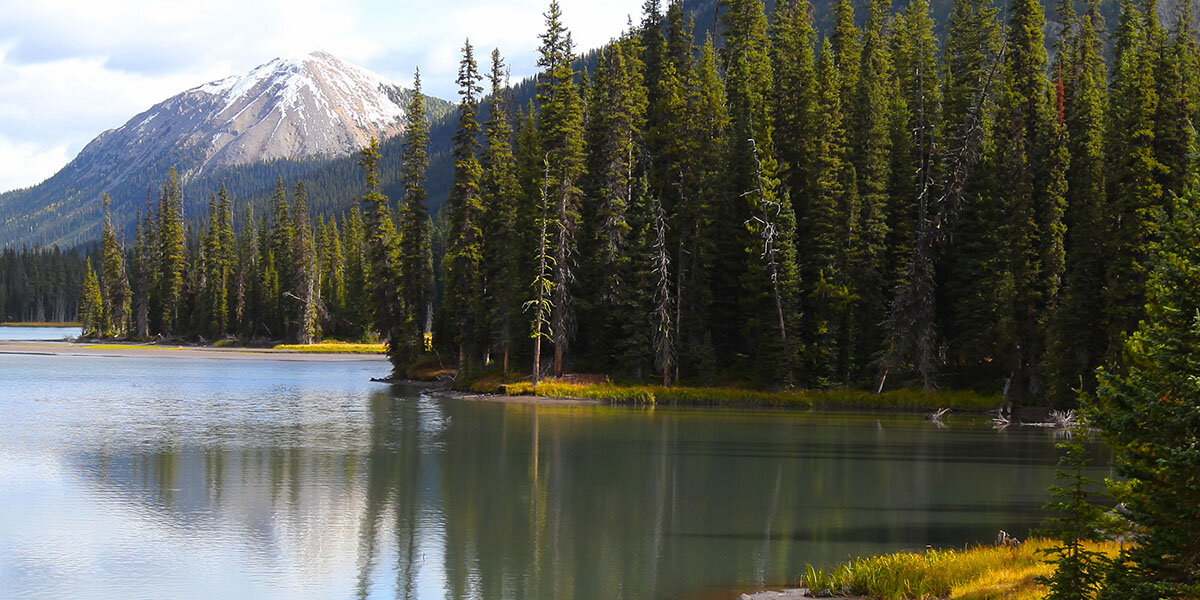
According to scientists and members of the European Law Society, states must give non-human things like animals, forests, and rivers legal rights and safeguards if they wish to stop climate breakdown and the loss of biodiversity.
According to the authors of a study titled “Law in the Emerging Bio Age,” legal frameworks are essential for governing how humans interact with the environment and biotechnology.
The environment is currently protected by laws in Bolivia and Ecuador

The environment is currently protected by laws in Bolivia and Ecuador, and there is a movement to have ecocide recognized as a crime by the international criminal court. The Law Society, which oversees solicitors in England and Wales, commissioned a study to look at how future environmental interactions may affect people.
This is a growing trend, according to Dr. Wendy Schultz, a futures specialist, and research co-author. There is a growing understanding that drastic change must be made if our children are to inherit a planet that is even remotely pleasant.
Legal frameworks should be “adapted for a more than human future”
Her co-author Dr. Trish O’Flynn, an interdisciplinary academic who formerly held the position of the Local Government Association’s national director for civil emergencies, asserts that legal frameworks should be “adapted for a more than human future.” She claimed that it was essential to include everything, including lab-grown brain tissue, robots, and rivers.
Humans are at the top of the evolutionary tree in certain ways if you conceive of evolution as a linear process, but the global environment is much more powerful than we are. And from what I can see, O’Flynn remarked, that is beginning to reflect in the way we think about it. One example of a right is evolutionary progress, in which a species and individual are allowed to realize their full cognitive, emotional, and social potential.
Some western countries may experience opposition due to very different traditions and beliefs than Ecuador and Bolivia, where rights to the environment were granted under socialist administrations and inspired by indigenous beliefs.
